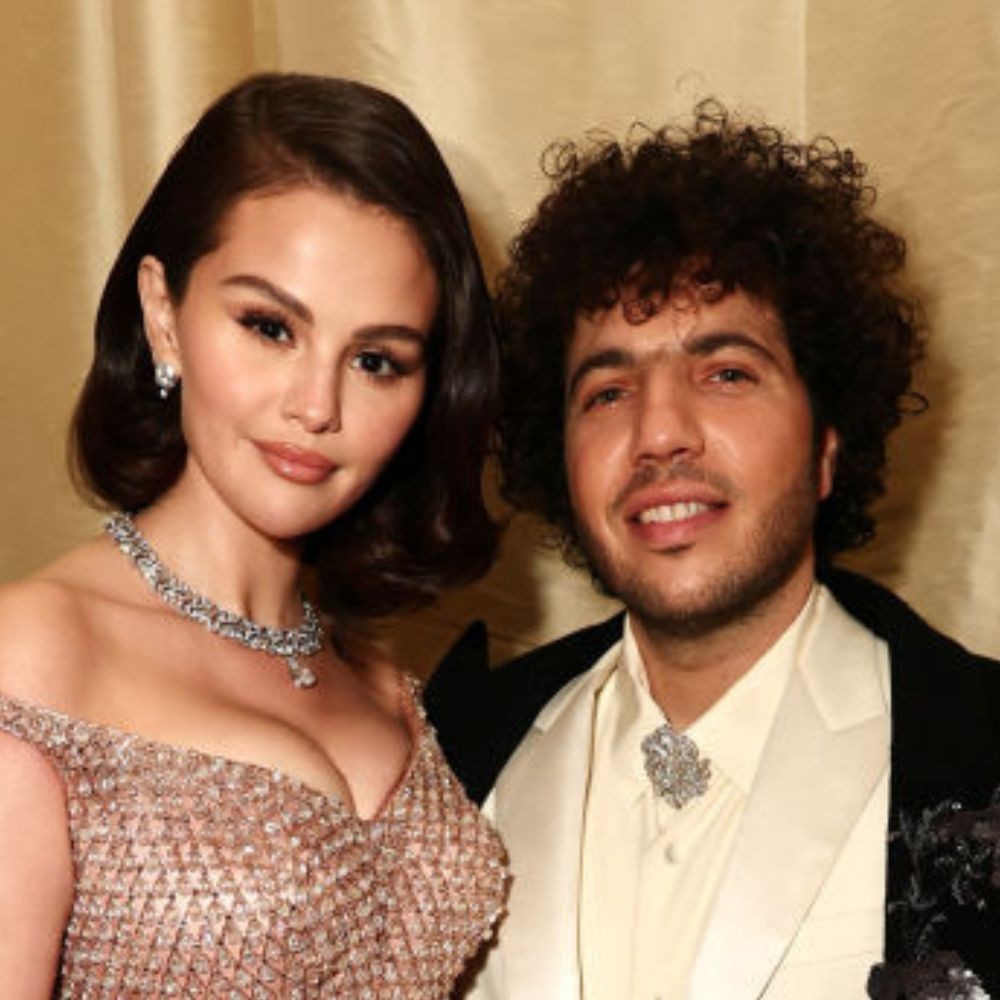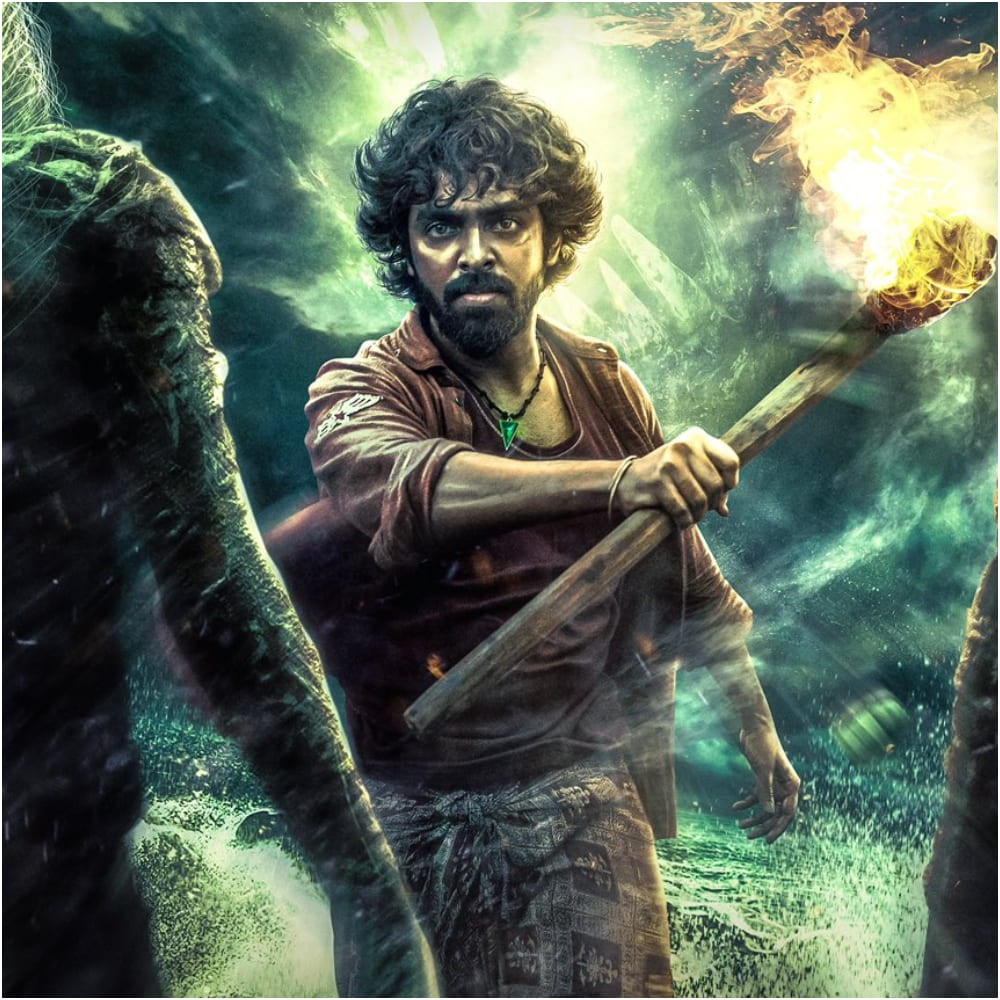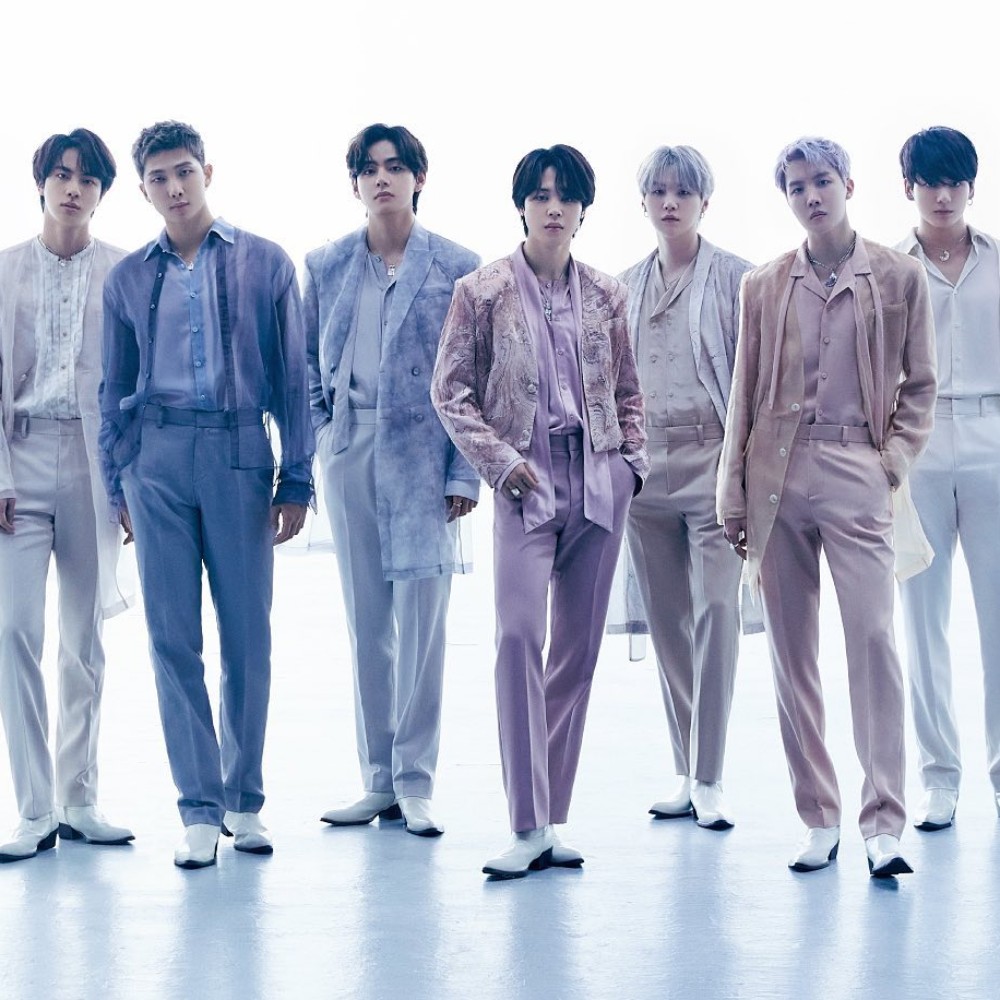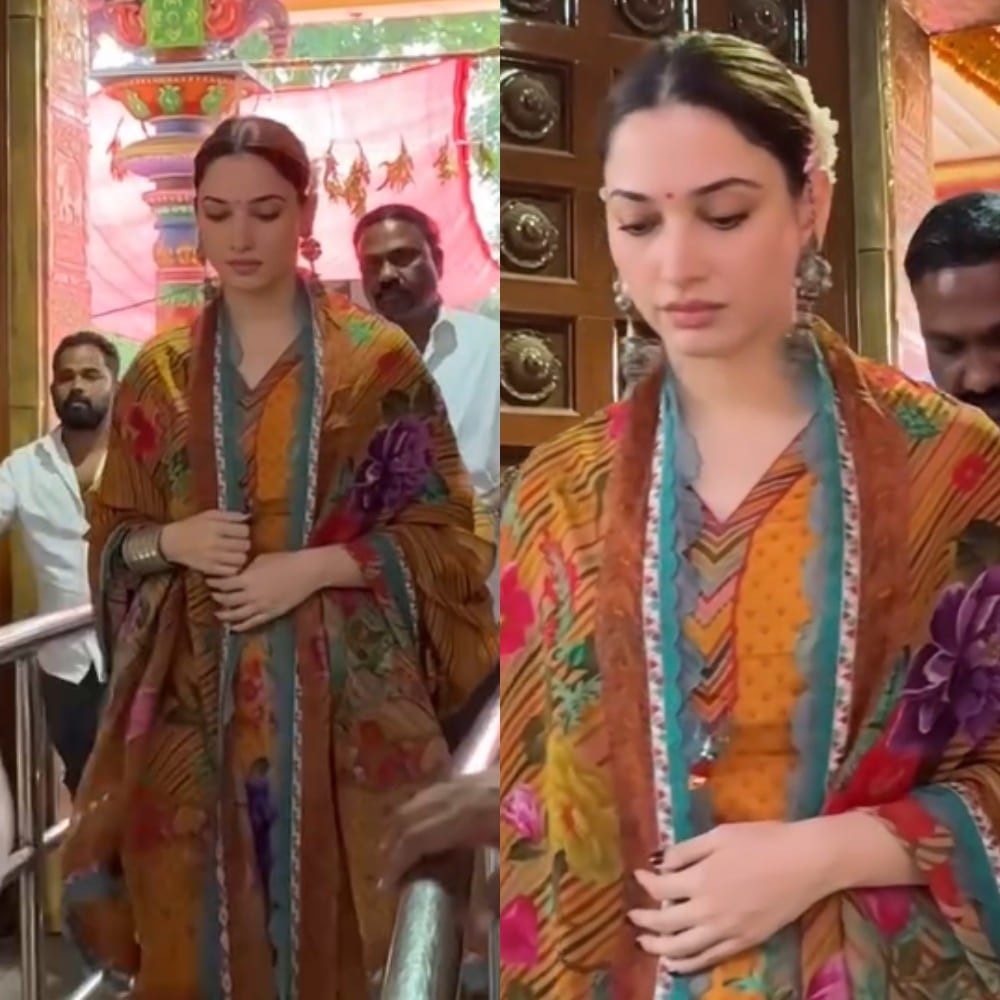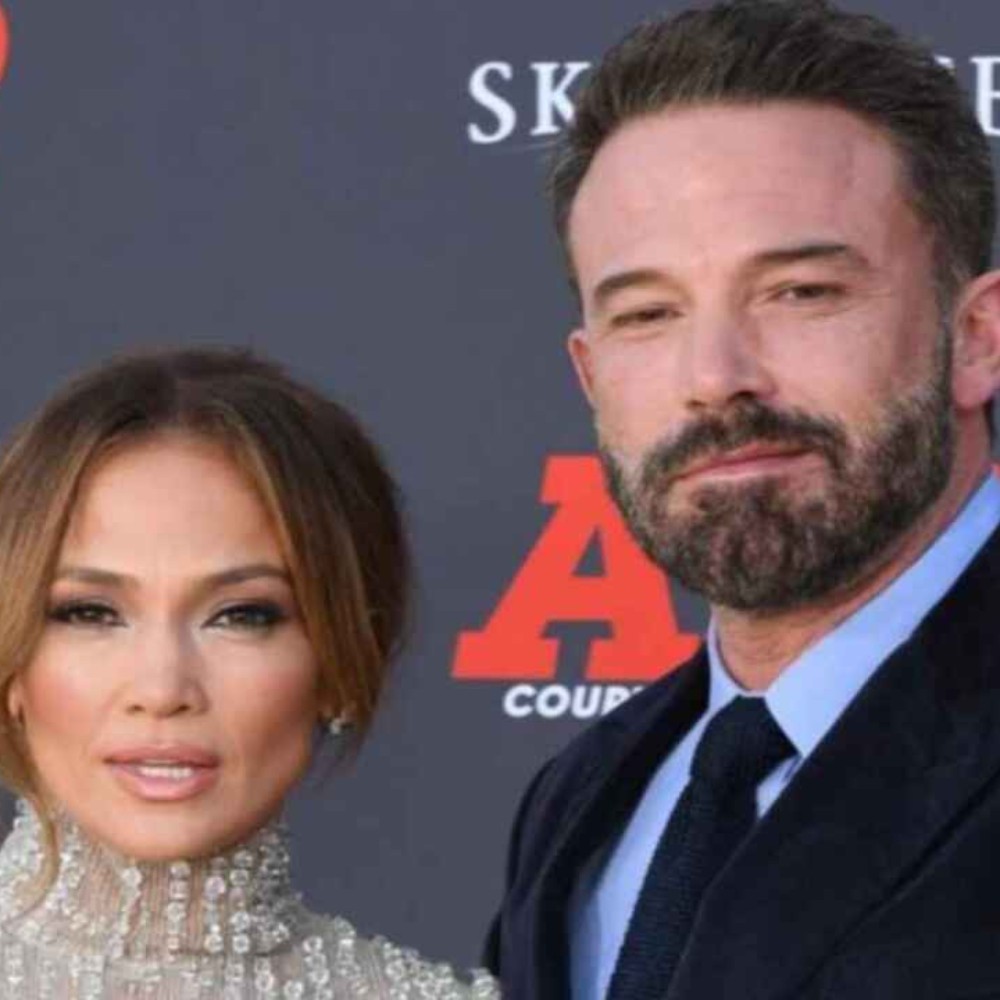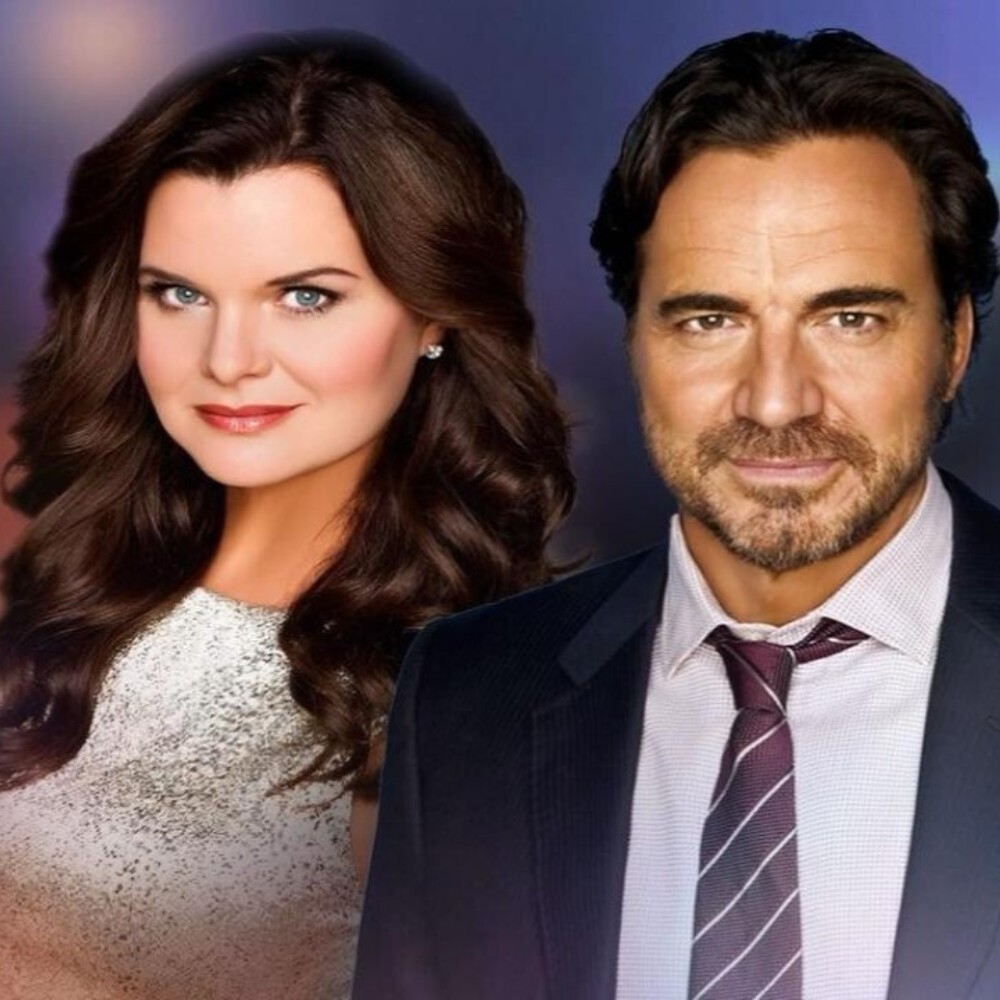'I Detest It. The Mere Idea of It': Morgan Freeman Says The Idea Of Black History Month Makes His 'Teeth Itch'
He believes it's inadequate and limiting to confine the celebration of Black history to just one month.
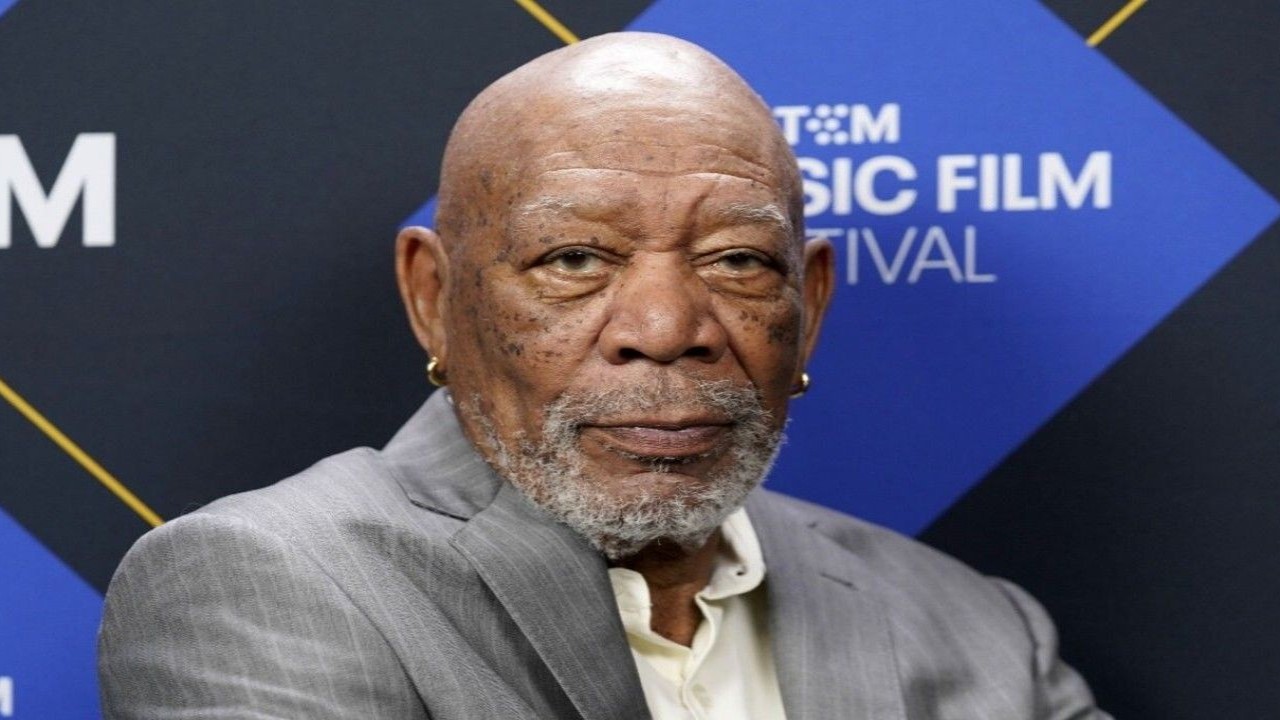
Morgan Freeman, famous for his roles and distinctive voice, has once again brought attention to his thoughts on Black History Month. In a recent interview with Variety, the 87-year-old actor strongly criticized the annual observance, saying it deeply troubles him.
Freeman expressed dislike for the idea, stating, "I detest it. You're going to give me the shortest month of the year? And you're going to celebrate 'my' history?! This whole idea bothers me a lot. It's not fair."
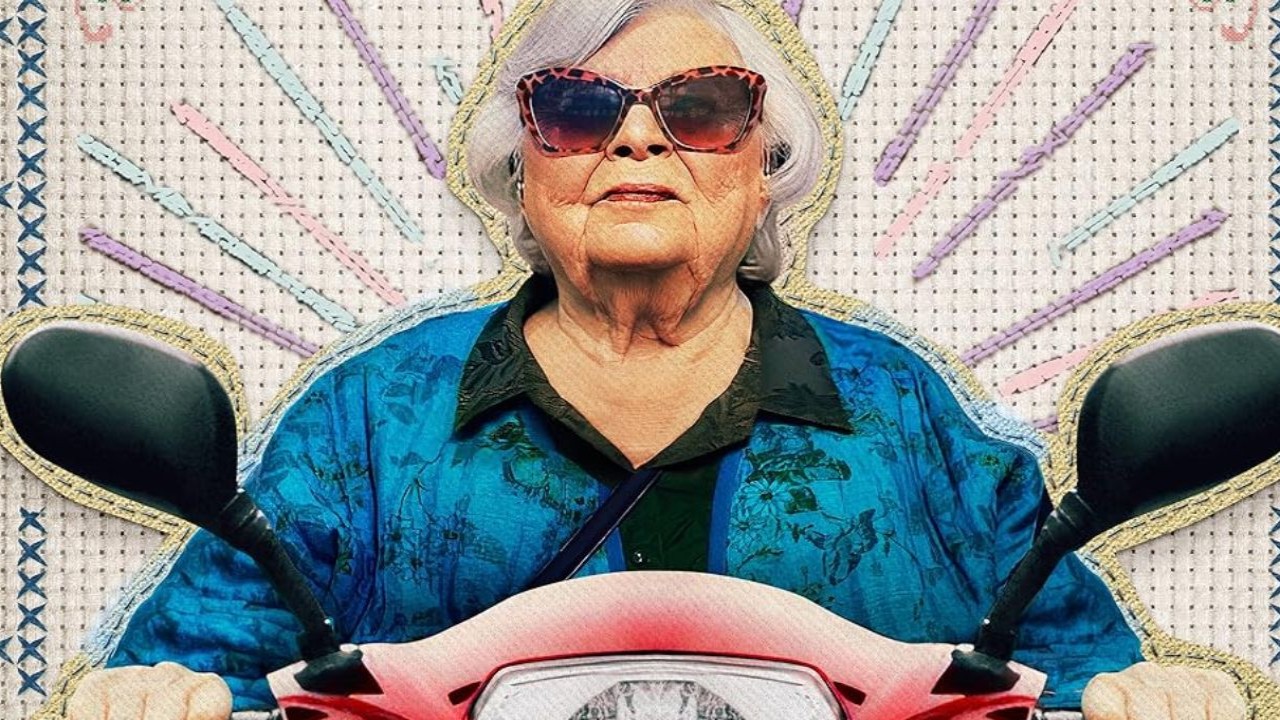
June Squibb Opens Up About Headlining Her First Ever Movie At Age 94 In Thelma; Deets Here
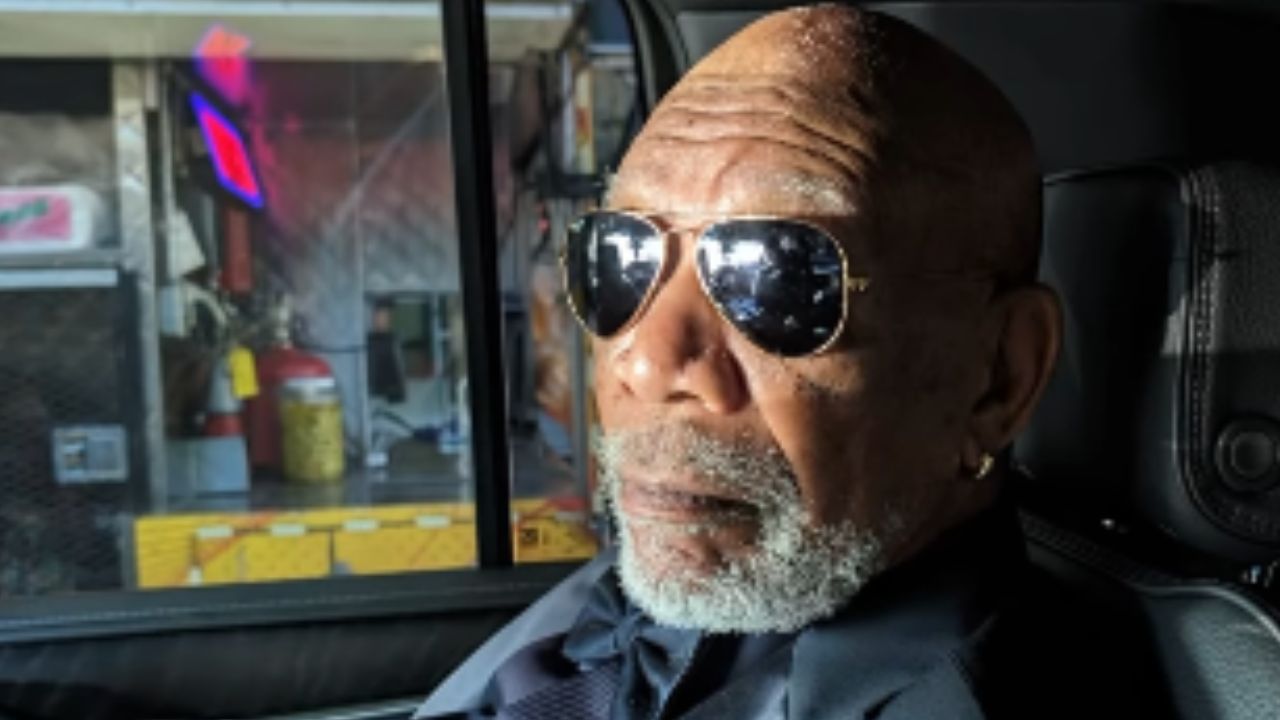
Morgan Freeman challenges Black History Month and cultural labels
This isn't the first time Freeman has spoken out against Black History Month. He believes it's inadequate and limiting to confine the celebration of Black history to just one month. Instead of a short period, Freeman argues that Black history is an integral part of American history and should be acknowledged and respected all the time.
During the interview, Freeman emphasized, My history is American history. He thinks setting aside a separate month for Black history diminishes its importance and reinforces segregation. He believes that the contributions of Black Americans should be included in mainstream education and narratives consistently throughout the year.
In addition, Freeman takes issue with Black History Month's February date—the shortest month of the year. He suggests that it demonstrates a lack of true respect and wonders why such a significant honor is given in the shortest amount of time. "You are going to give me the shortest month in a year? And you are going to celebrate ‘my’ history?! This whole idea makes my teeth itch. It’s not right."
President Gerald Ford formally instituted Black History Month in 1976, building upon earlier commemorations organized by historians Carter G. Woodson and Jesse E. Moorland. It was originally named Negro History Week and fell on the birthdays of Frederick Douglass and Abraham Lincoln.
In addition to his critique of Black History Month's timing, Freeman has reservations about the term African-American, finding it limiting and prefers not to use it. He believes the term oversimplifies the diversity within the Black community and suggests cultural identities should be more fluid and inclusive.
Throughout his career, Morgan Freeman has advocated for equality and representation in entertainment and beyond. His views on Black history and identity reflect a desire for a more integrated and respectful approach to acknowledging the contributions and experiences of Black Americans.
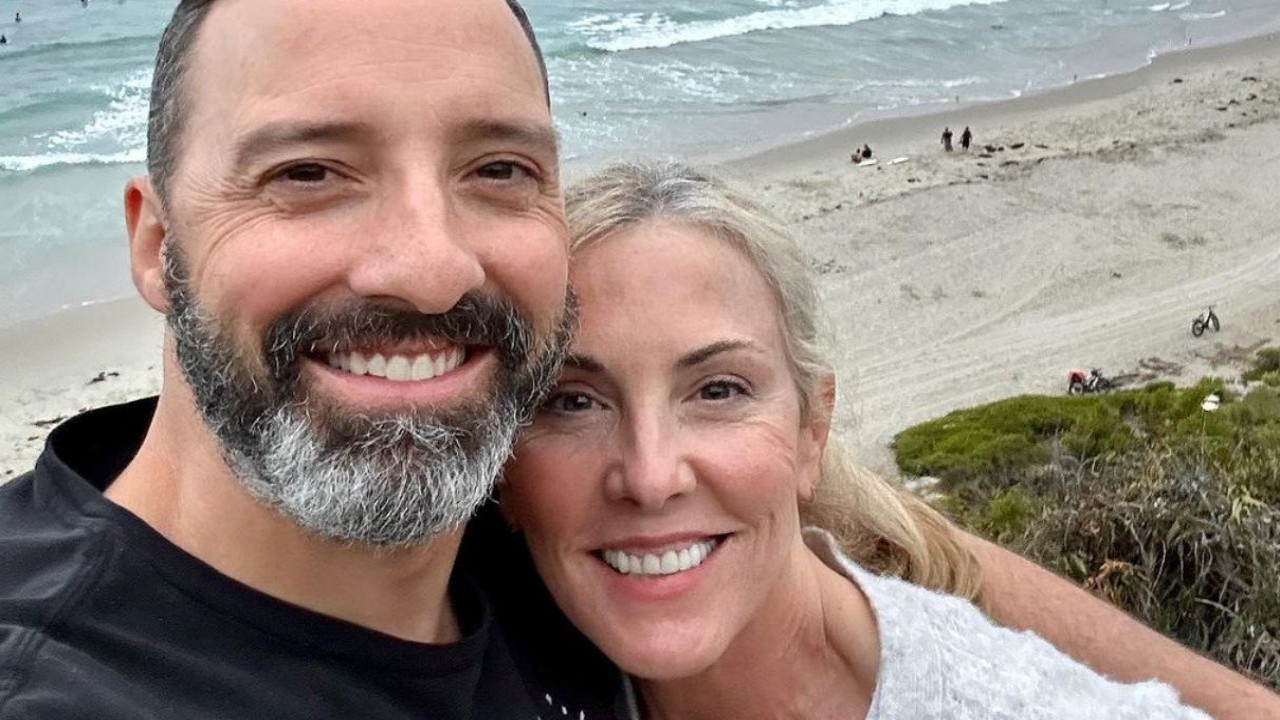
'Sometimes We Go To Bed Angry': Inside Out 2 Star Tony Hale Opens Up About 20-Year Relationship With Wife
Morgan Freeman's call for continuous recognition of Black History
Freeman's outspoken views prompt discussions about how history is commemorated and the ongoing effort for cultural understanding and inclusivity in society. His critique challenges us to think about different ways to honor and recognize Black history year-round, not just in a single month.
Morgan Freeman's criticism of Black History Month raises broader questions about representation, identity, and how historical narratives are celebrated today. His perspectives urge us to consider alternative approaches to honoring Black history throughout the year, beyond the constraints of a designated month.
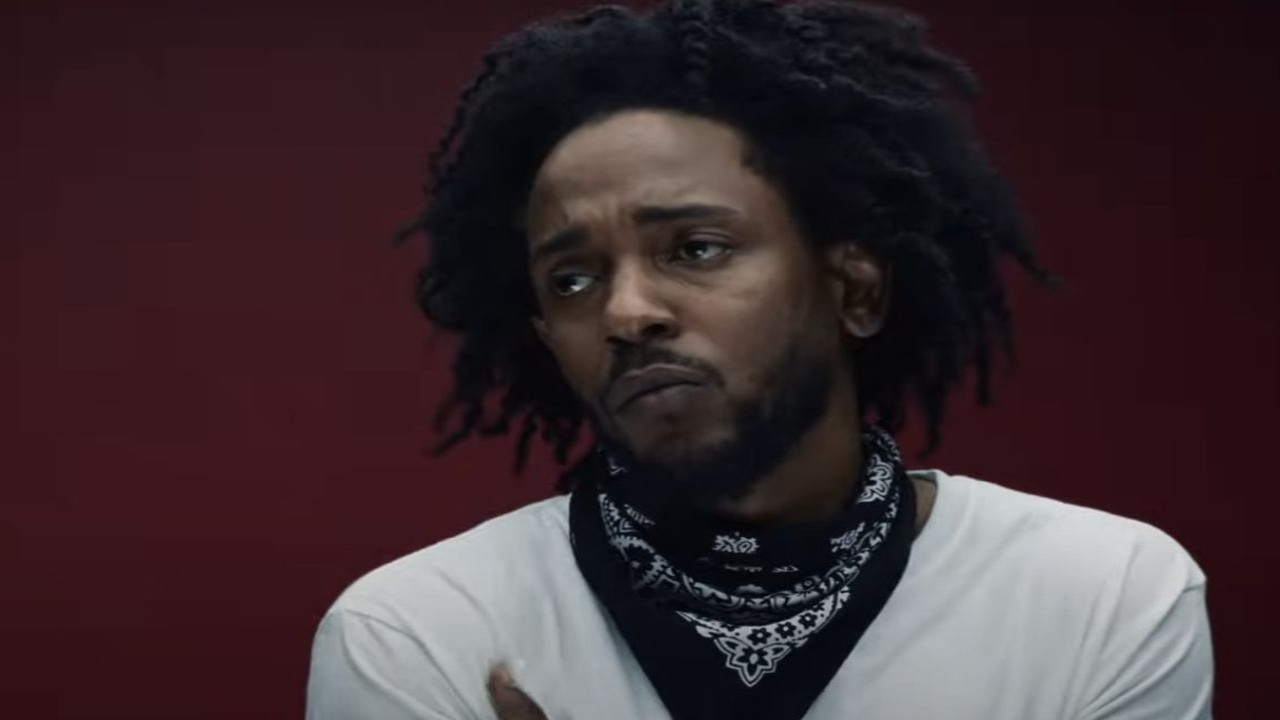
Not Us Like T-Shirts To Dr. Dre's Appearance: 5 Moments You May Have Missed On Kendrick Lamar's Viral Concert





 JOIN OUR WHATSAPP CHANNEL
JOIN OUR WHATSAPP CHANNEL




